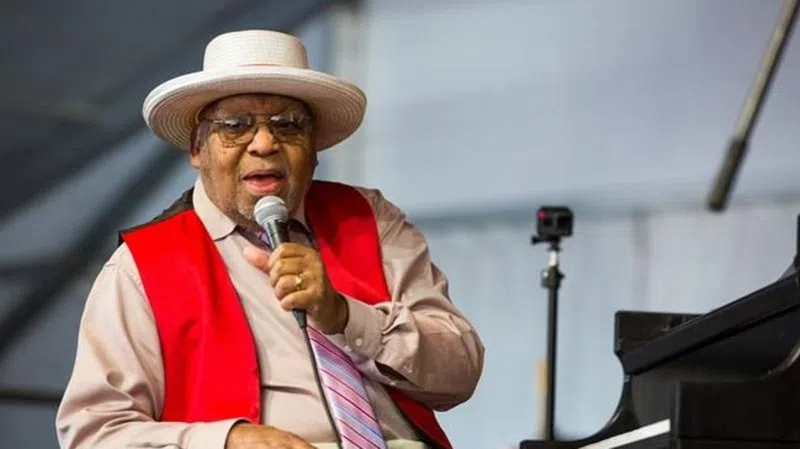
New Orleans jazz patriarch Ellis Marsalis dead at 85
NEW ORLEANS — Ellis Marsalis, jazz pianist, teacher and patriarch of a New Orleans musical family that includes famed musician sons Wynton and Branford, has died. He was 85.
New Orleans Mayor LaToya Campbell announced Marsalis’ death in a news release Wednesday night. She did not specify a cause of death. He had continued to perform regularly in New Orleans until December.
Because Marsalis opted to stay in New Orleans for most of his career, his reputation was limited until his sons became famous and brought him the spotlight, along with new recording contracts and headliner performances on television and on tour.
Four of his six sons are musicians: Wynton, the trumpeter, is America’s most prominent jazz spokesman as artistic director of Jazz at Lincoln Center in New York. Branford, the saxophonist, led The Tonight Show band and toured with Sting. Delfeayo, trombonist, is a prominent recording producer and performer. And Jason, the drummer, has made a name for himself with his own band and as an accompanist. Ellis III, who decided music was not his gig, is a photographer-poet in Baltimore.
